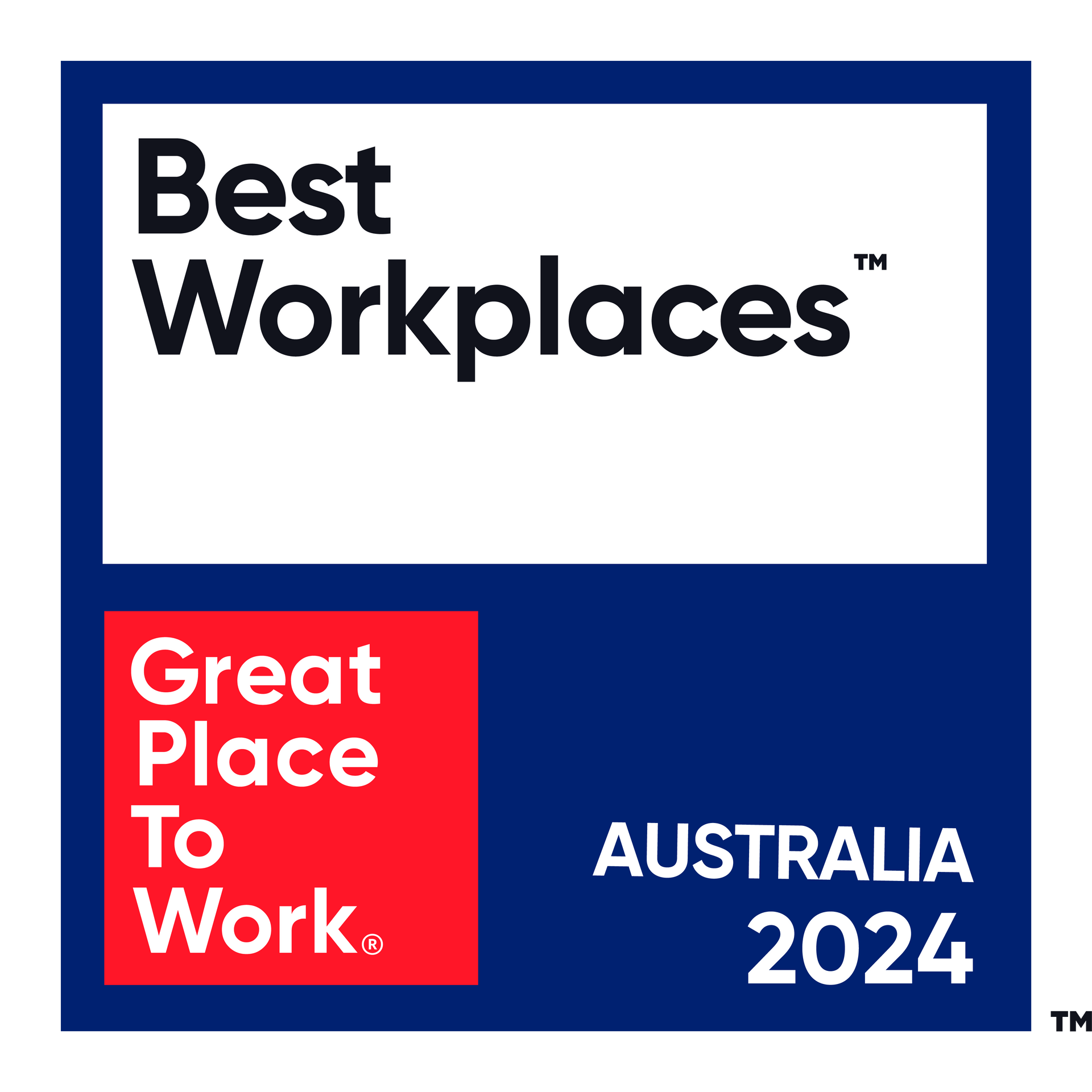How to Communicate You’re Unhappy at Work
A recent Workplace Happiness Survey found that 72% of Australians felt unhappy at work at some point in 2022. Some of the most commonly reported reasons were unsatisfactory salary, a lack of job security and uninteresting work.
So how is unhappiness at work best combated? Studies have shown that clear workplace communication between organisations, leaders and employees is key to maintaining high levels of job satisfaction.
Yet despite how common it is to feel unhappy at work, communicating your concerns can be intimidating – you may worry about losing your job, not feeling supported, or being perceived negatively.
If you’re wondering how to tell your boss you’re unhappy, here are our best tips to help you approach the discussion.
Prepare Your Thoughts
Before you think about communicating that you’re unhappy at work to others, it’s important that you know exactly where your concerns lie. What specific aspects of your job are causing you dissatisfaction – do you feel your work is uninteresting or unfulfilling? Perhaps not enough is being done to keep you safe at work. Or maybe you’re just after a pay rise?
Writing down your thoughts can be a great way to organise them and ensure you’re clear on the specific areas of your job that are causing you the most stress. This means you’ll be better equipped to discuss them clearly and concisely with your employer.
Know Your Rights
Knowing your rights and protections going into the discussion is essential, as this not only safeguards you but also instils you with a sense of confidence and security.
In Australia, employees who raise concerns or make complaints about their workplace are protected under the
Fair Work Act. According to the
Fair Work Ombudsman, if you “are an employee making a complaint or enquiry about their employment (for example, an employee asking their employer about their pay rate)”, you are protected from adverse action such as being fired or treated differently to other employees.
Find the Right Time and Place
Timing and location are essential when discussing sensitive issues with your boss. Picking a time when they are not under the pump or overwhelmed will give them the best chance to focus on your concerns and act on them (if necessary).
A private, quiet space where you can have an uninterrupted conversation is also ideal – but this isn’t always possible!
Maintain A Level Head
Once you’ve clarified your concerns and found the right time and place to communicate them with your boss, it’s important to remain calm and not allow your emotions to get in the way.
If you’re feeling nervous, take some time to breathe, remind yourself of what you’re going to say and remember your workplace rights. This will help you approach the discussion with a level head.
Clearly & Honestly Voice Your Concerns
When you speak to your boss, be honest (to a point) and try not to beat around the bush. Communicating why you’re unhappy in a concise and constructive way will give your boss the best chance to address your concerns.
For example, if you are unhappy with your opportunities for learning at work, try to frame it positively: “I would really like to learn more about ______ (or go into ______), but I haven’t found the opportunity to in my current role. Can we discuss some ways I might be able to do this?"
For a more specific concern that may apply to you and the whole team, it’s important to also be clear. An example of this could be a concern that proper lifting techniques are not being used on the worksite, leading to body stress and strain. Clearly stating: “I’ve noticed an increase in body stress and strain on the worksite and I think it might partly be because proper lifting techniques aren’t being used. Is there any way we could reiterate the importance of proper lifting or other strategies we could employ to reduce the number of injuries on site?”
Focus on Solutions
It's important to focus on finding solutions to your concerns. Rather than just listing your problems, come up with some ideas on how your boss might be able to address them. Carrying on from the example of feeling like you’re not learning what you’d like to, you might go on to suggest a course, an increase in responsibilities or some kind of internal training program.
Speaking about ways that addressing your concerns might benefit the team and organisation (where relevant) is also a useful strategy to help your boss think about how everyone is affected, rather than seeing it as an issue that only faces you. For example, you could link a proposed solution – such as an internal training program – to the way it would increase your skills and knowledge to be even better at your job!
Be Open To Feedback
When you express your concerns, your boss may give you some feedback or suggestions. Make sure not to be combative and genuinely consider their perspective.
This could help you better understand the situation and lead to finding a solution you may not have anticipated!
Next Steps
If you’ve followed these steps and are seeing improvements at work, great! Be sure to keep up this open line of communication in order to maintain your workplace satisfaction.
However, if you’ve done everything you can to improve your situation at work and are still unhappy, it may be time to consider finding a new job. Whilst this can be a daunting task on your own, consider reaching out to a recruiter who can help you with the job search.
As recruitment specialists across Melbourne, Sydney, Brisbane, and the Gold Coast, we can connect you to a variety of open full-time, casual and temporary positions across the construction, civil & infrastructure, traffic, manufacturing and energy & renewables industries.
Please get in touch to discuss your next steps – we’d love to help you find the right role that will leave you feeling happy at work!








